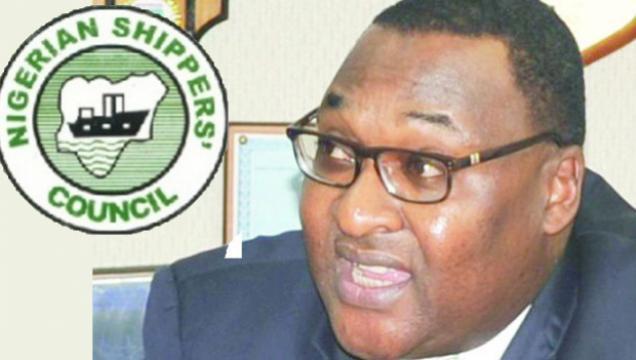Shippers Council plans for insurance services in 80m-ton cargo
The Nigerian Shippers Council, NSC, has started developing enabling regulatory structures for Nigeria’s insurance firms to go into underwriting of over 80 million tonnes of cargo moved through the country’s ports annually.
Executive Secretary/ Chief Executive Officer of the NSC, Hassan Bello, who expressed displeasure with the near absence of insurance services in the shipping business told a team from Vanguard Maritime Reports that the insurance companies are losing billions annually as a result of this gap.
He said that the over 80 million metric tonnes of cargo, excluding liquid and bulk cargoes, are not insured when on transit from the ports to their final destination.
This, he continued, makes the movement of cargo from the port to the final destination unattractive for international players that limit their businesses from port of origin to the nation’s ports.
Bello noted that the unstructured nature of some aspects of the maritime business limits the opportunities in the industry.
He stated: “Generally there is low level of penetration of insurance into shipping and we think insurance should come and take greater participation in shipping to add value to it.
“For example let me start with the goods in transit, if we have about eighty million tonnes of containers for example, I am not talking about bilk or liquid and substantial numbers of these are not transported to the final destination under any insurance.
“So the insurance companies must come to institute what is called goods-in-transit policy and you will see the amount that it could generate.
“This is to protect the cargoes and to give international dimensions to the value chain as even the overseas companies are comfortable if these things are insured. So their responsibilities could extend to inland journey.
“The international companies keep their responsibilities terminating at just the sea port of entry; they do not want to know happens later and it is understandable.
“If the insurance companies will come and take care of this end of the chain you will see the amount of money that could come to them and you will see the effect on the economy.
“There must be safety; this is the international standard; so goods going inland by rail, by trucks, by inland waterways, by barges and by any other means must be insured.
“If it is done it will boost concentration and there will be apportionment of risk, there will be safety of cargo and so many other things,” he concluded.

